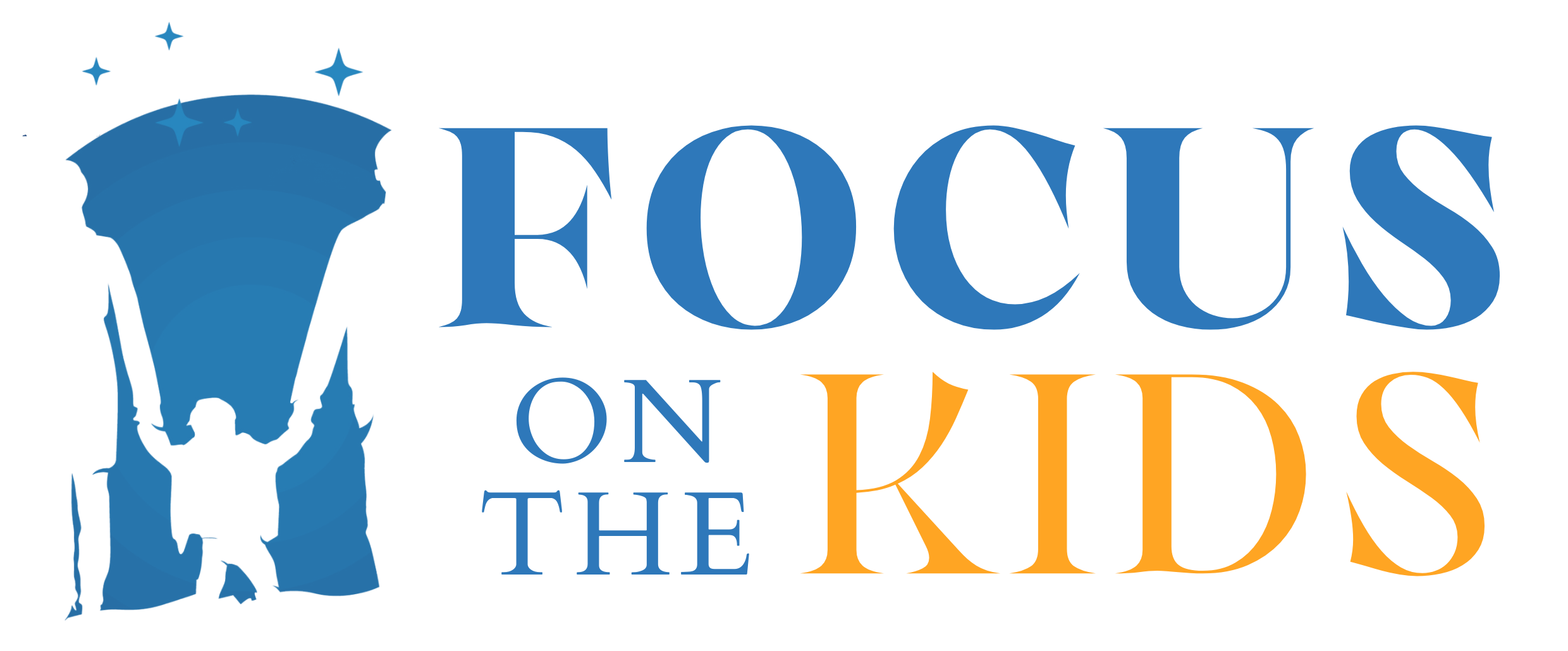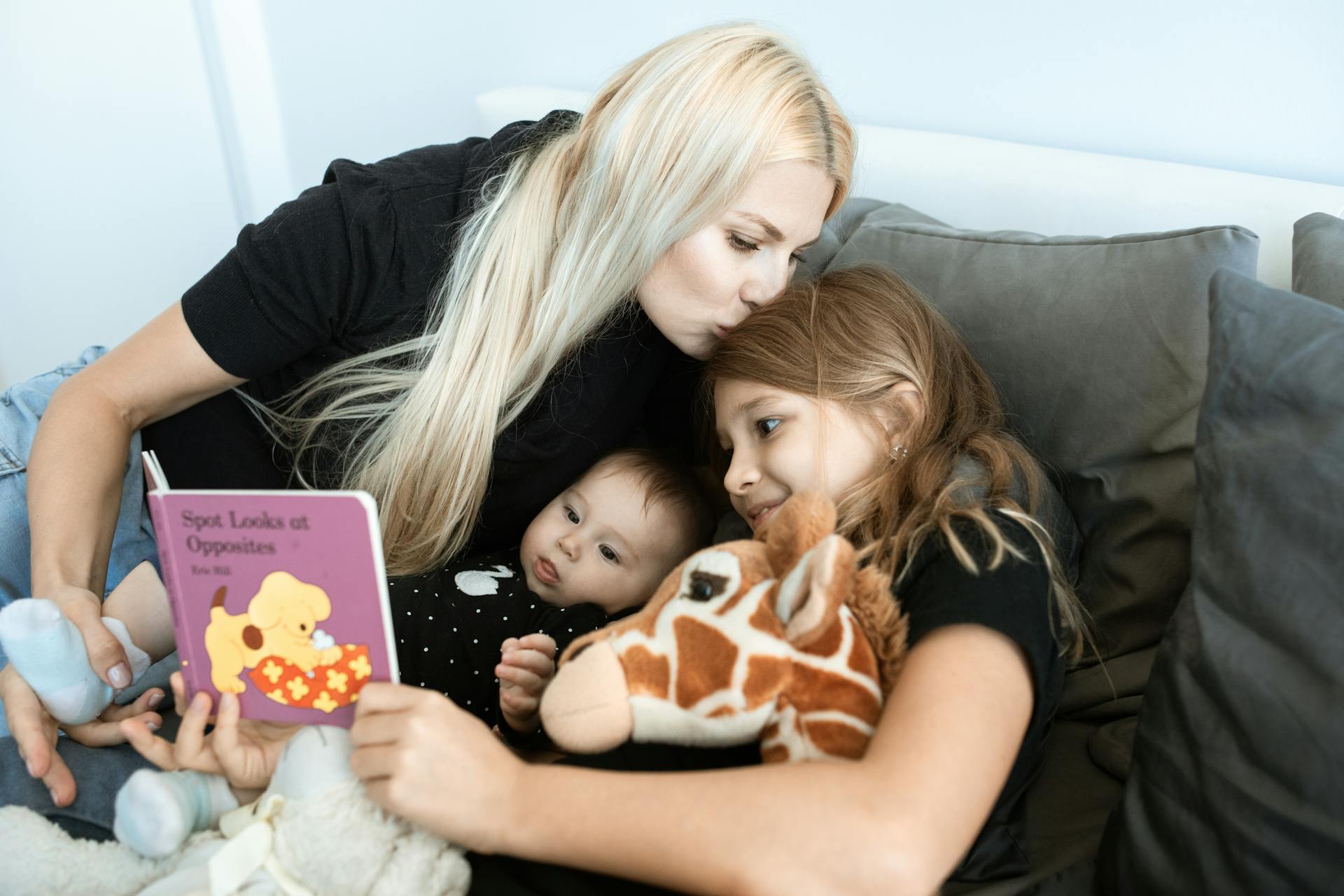Reading to your baby is a wonderful way to nurture bonding and introduce language from a young age. But many parents wonder, “When should I start reading to my baby?” The answer may surprise you—reading to babies can begin even before they’re born! Research shows that the benefits of early reading are significant, providing advantages for language development, emotional bonding, and cognitive growth.
In this article, we’ll explore the best times to start reading to your baby, why it matters, and tips to help create a lifelong love of reading in your child.
When to Start Reading to Your Baby
There’s no “too early” when it comes to reading to your baby. While newborns won’t yet understand the words, they still benefit from hearing the rhythm, tone, and melody of language. Here’s a breakdown of different stages and how reading impacts each one:
- Before Birth: Believe it or not, babies begin to hear sounds from the outside world around 18 weeks into pregnancy. By the third trimester, they can recognize familiar voices, particularly that of their mother. Reading to your baby in utero can help foster familiarity and comfort with your voice.
- Newborn to 3 Months: Even as newborns, babies are highly responsive to the tone and rhythm of their parents’ voices. While they may not understand the words, the soothing sound of your voice creates a calming and comforting experience for them. Reading during this stage helps establish a routine and strengthens the parent-child bond.
- 3 to 6 Months: Around this age, babies become more responsive to visual stimuli and may begin to focus on the pictures in books. This is a great time to introduce high-contrast picture books, as well as rhyming and rhythmic stories, to engage their senses.
- 6 to 12 Months: Babies at this stage become more active participants during reading sessions. They may reach for books, turn pages, or make sounds as you read. Simple stories, nursery rhymes, and interactive books are ideal for this stage, as they keep babies engaged and help them understand cause and effect.
Benefits of Early Reading for Babies
Reading to babies—even when they don’t understand words—has numerous benefits for their development. Here are some key advantages:
- Language Development: Listening to spoken language helps babies begin to recognize sounds, which is the foundation for language. Hearing a variety of words, tones, and rhythms early on helps babies learn the basic components of language and supports their vocabulary development.
- Cognitive Growth: Reading to babies encourages cognitive skills like memory, attention, and listening. Babies who are read to from an early age often have stronger communication skills and are more likely to perform well in language-based activities as they grow older.
- Emotional Bonding: Reading together is a shared activity that helps deepen the parent-child connection. The warmth of being held and the soothing rhythm of your voice create a sense of security and comfort, which is essential for emotional growth.
- Early Literacy Skills: Simple habits like holding a book, turning pages, and observing pictures teach babies basic literacy concepts. While they won’t yet “read,” early exposure to books creates positive associations with reading, making it a cherished activity they look forward to.
- Imagination and Curiosity: Books open a world of imagination for children, even at an early age. Storybooks introduce them to animals, colors, people, and places that stimulate their curiosity about the world around them.
Tips for Reading to Your Baby
Reading to a baby may look different from reading to an older child, but with a few simple tips, you can make the experience enjoyable and meaningful for both you and your little one.
1. Choose the Right Books
Opt for books specifically designed for babies, such as those with high-contrast images, simple words, and rhyming patterns. Board books, cloth books, and bath books are durable and baby-friendly, allowing your little one to explore them independently. Popular options include black-and-white books for newborns and textured books for older babies.
2. Use Expressive Tone and Rhythm
Babies are drawn to rhythm, tone, and melody, so don’t be afraid to exaggerate your voice! Use varied tones and expressions to engage your baby and keep them interested. Sing or hum rhymes, as the melody can make it easier for them to remember words and rhythms.
3. Make It Interactive
Engagement is key to early reading experiences. Encourage your baby to touch, grab, and turn the pages (with your help if needed). Point to pictures, ask questions like, “Do you see the dog?” or “Where’s the sun?” These interactions help babies feel involved, even before they fully understand the content.
4. Establish a Routine
Consider making reading a part of your daily routine. For example, reading a story before bed or during feeding time can help establish a comforting ritual. Babies feel secure with routines, and a consistent reading time allows them to look forward to storytime.
5. Follow Your Baby’s Cues
If your baby starts fussing, don’t feel pressured to continue reading. Early reading sessions can be brief—just a few minutes are enough to introduce the benefits of reading. As your baby’s attention span grows, gradually increase the reading time based on their engagement and interest.
6. Repetition Is Key
Babies learn through repetition, so don’t hesitate to read the same book multiple times. Familiarity with words, images, and rhythms helps them build memory and language skills. The more they hear a story, the more they’ll begin to understand its structure and anticipate certain words or actions.
Recommended Books for Babies by Age Group
If you’re looking to build a small library for your baby, here are some book recommendations tailored to different stages:
- 0–3 Months: Hello, Baby Animals by duopress, Look, Look! by Peter Linenthal
- 3–6 Months: Baby Faces by Margaret Miller, Where is Baby’s Belly Button? by Karen Katz
- 6–12 Months: Brown Bear, Brown Bear, What Do You See? by Bill Martin Jr., Pat the Bunny by Dorothy Kunhardt, Dear Zoo by Rod Campbell
- 12 Months and Up: Goodnight Moon by Margaret Wise Brown, The Very Hungry Caterpillar by Eric Carle, First 100 Words by Roger Priddy
These books are designed to engage babies with bright visuals, simple words, and interactive elements, making reading time a delightful experience for both parent and child.
The Long-Term Impact of Early Reading
Reading to your baby is more than just a bonding activity—it’s an investment in their future. Research suggests that children who are read to regularly from infancy tend to have stronger language skills, better concentration, and a greater love for reading as they grow. The simple act of reading from an early age sets the foundation for literacy and learning that extends well beyond babyhood.
For parents, early reading provides a chance to create lifelong memories and traditions. Each story, each rhyme, and each moment spent reading together fosters an unbreakable bond and ignites a love for books that can last a lifetime.
Conclusion
Starting to read to your baby as early as possible, even before birth, offers numerous benefits for language, cognitive, and emotional development. Incorporating reading into your daily routine, choosing age-appropriate books, and keeping sessions interactive can make a significant difference in their early growth and learning.
Remember, there’s no need to wait to read to your baby. Whether they’re a few weeks old or already learning to sit up and explore, reading together is a simple yet powerful way to give your child a head start in life. Embrace the joy of early reading, and watch as your little one grows into a curious, engaged, and happy reader.
















